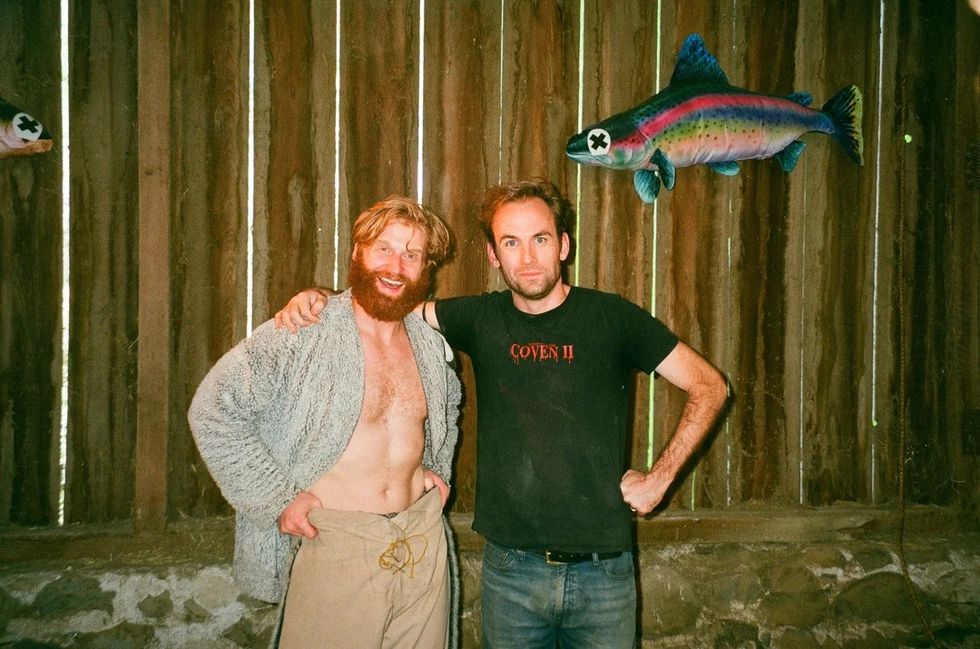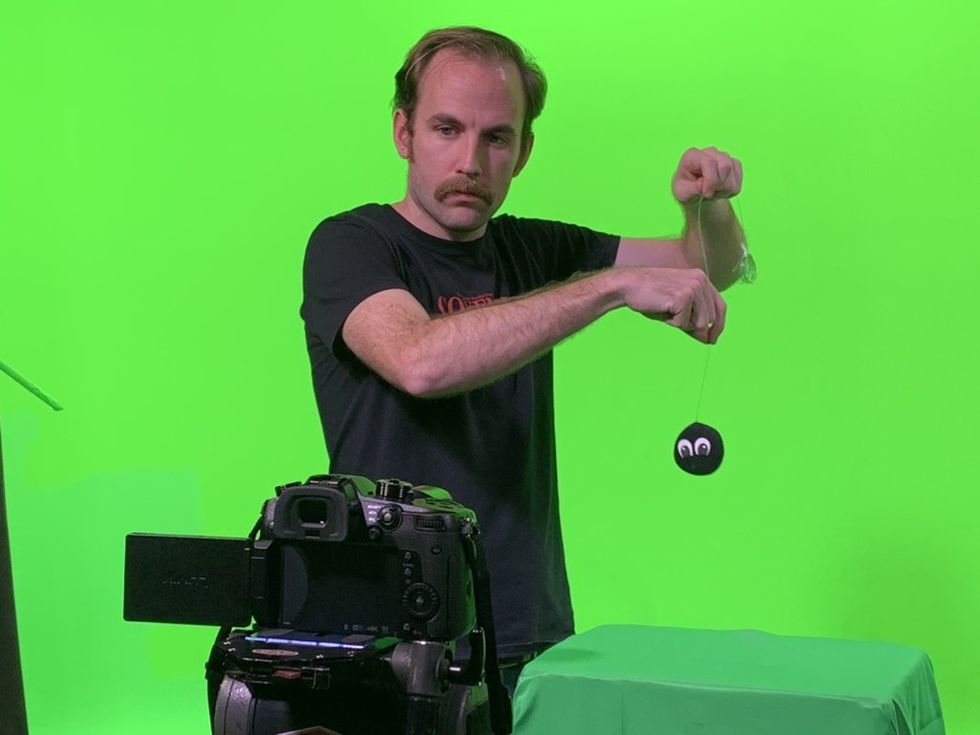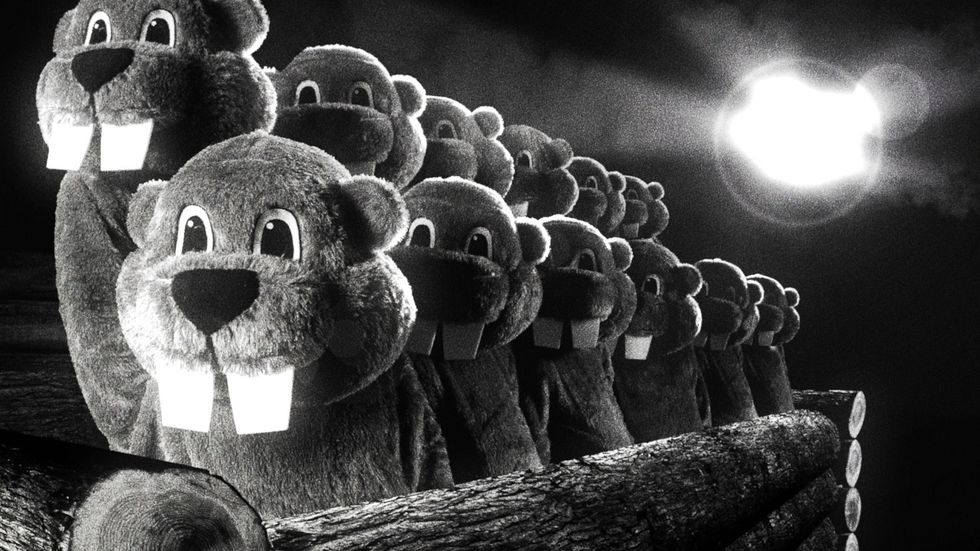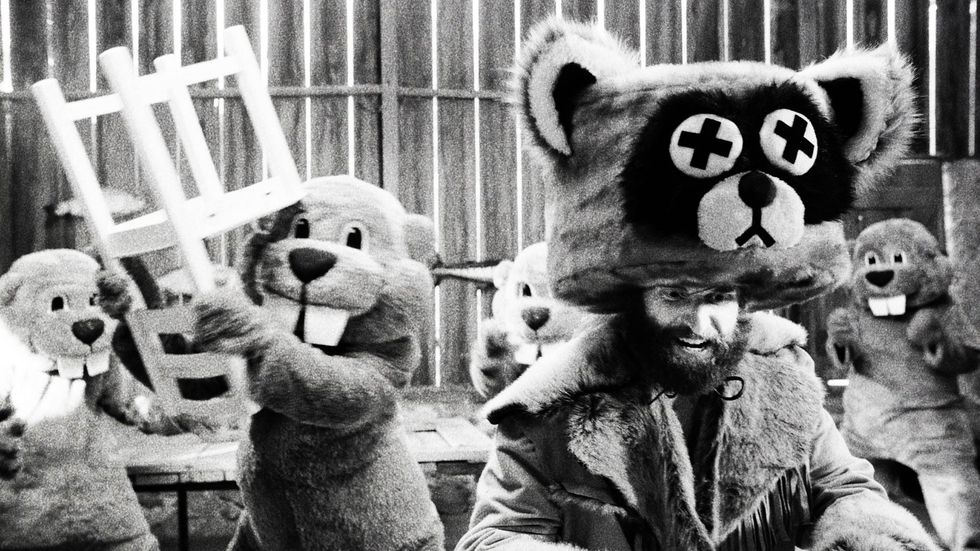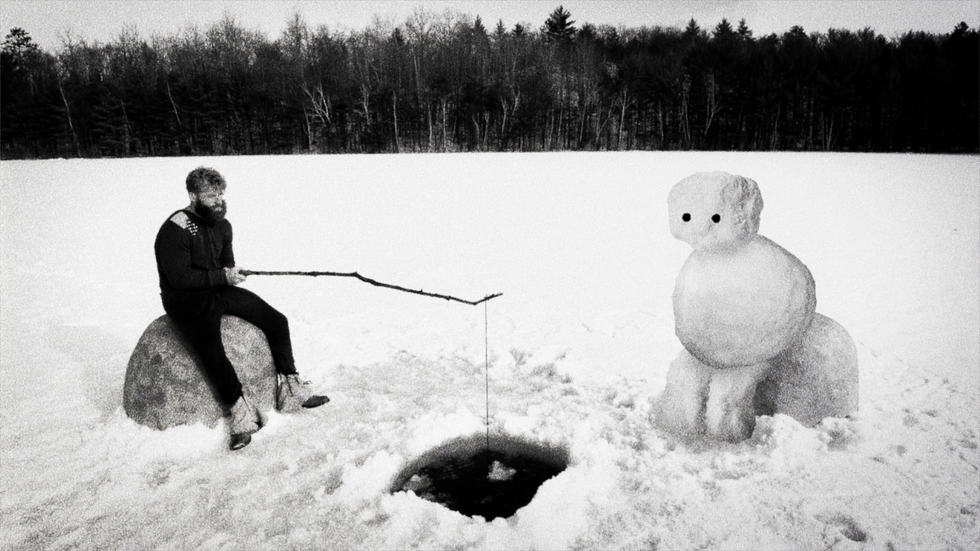How Feelings, Fandom, and Filmmaking Converge in the 'GoT' Finale
"Game of Thrones" expanded the scope of television, captured our imaginations, and pissed off a lot of fans.
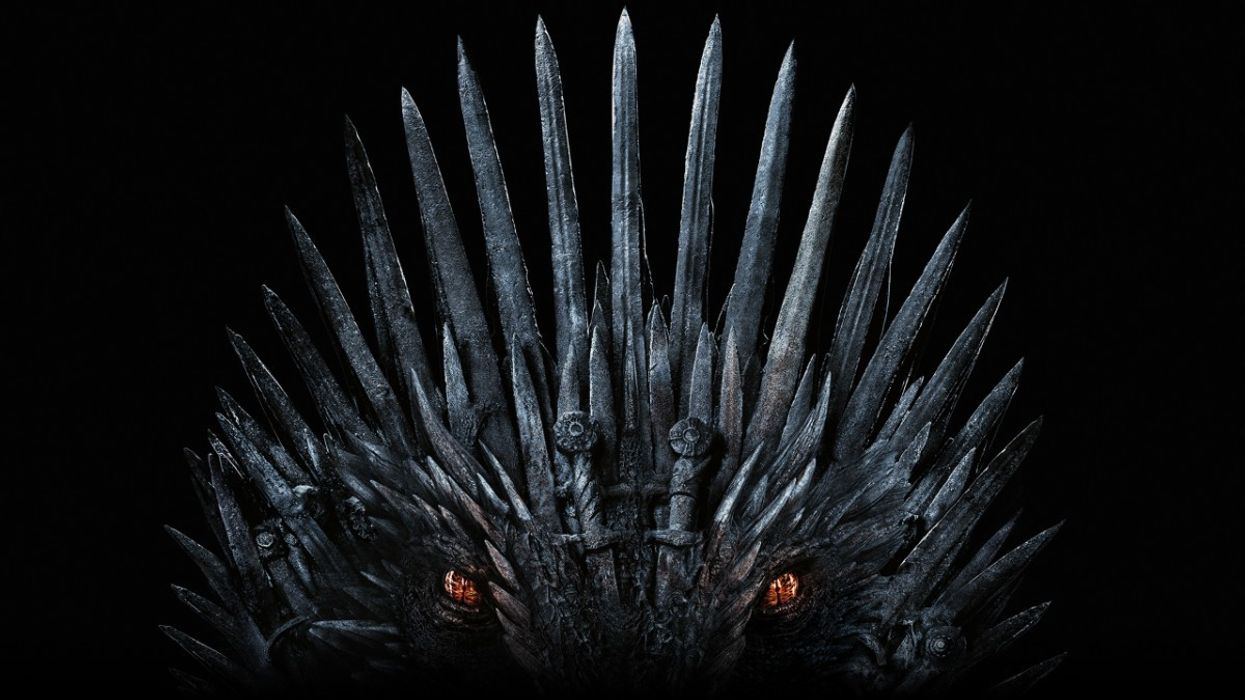
Today is the first Monday without a new episode of Game of Thrones to look forward to, and I can't help but feel a bit empty inside.
The past eight years were a helluva ride, but I'm also left with a bad taste in my mouth because of how it all ended.
Are you angry that Game of Thrones is over? Confused about how it ended? Wondering which of the many new and returning series HBO was pushing last night might help fill the dragon-sized void? Well instead of focusing on those things, we ask that you redirect your thoughts to the "how" of maybe the biggest show to ever hit TV screens.
Game of Thrones broke most of the rules left in the book and captured everyone's imagination.
Let's jump into the stories' story.
The World Across The Hudson River
It all began when a young boy was staring out his window in the projects of Bayonne, New Jersey looking at Staten Island and imagining far off lands.
George R.R. Martin's father was a longshoreman, his daily world consisted of one street, and his imagination was limitless.
He wrote and wrote, and eventually built a career as a TV writer. But he got tired of hearing that his stories were good but too expensive or ambitious for the medium.
So despite some early success, he took some time to write prose where the budget was as limitless as his imagination.
Martin took full advantage of that infinite pricetag, continually pushing himself to make his world bigger with MORE characters, MORE battles, and more back story.
The result of all that was "A Song of Ice and Fire", and the result of THAT was Game of Thrones on HBO (with a few stops in development hell along the way).
Game of Thrones captured all our imaginations and pushed the boundaries on what could be done on television or any visual medium. Its only comps were Lord of The Rings, and GoT already had crossed into the mainstream more than those movies ever had. People who hated fantasy were tuning in. Posters went up on dorm walls.
It was the biggest show on TV. Maybe one of the biggest shows ever.
And while it's easy today in the aftermath of the show's epic and controversial finale, to look at things like stray coffee cups, lens flares, writing issues, or memes (the memes are the best, aren't they?, it all came from a boy staring out a window in the New Jersey projects.
There is some irony in the finale airing 20 years to the day that reviled Star Wars Prequel The Phantom Menace first hit theaters. Back then, the idea of massive fan backlash was relatively unknown.
Many people walked out of that movie, continuing to say it was "amazing." It took a little while for the hatred and vitriol over it to build up.
Twenty years later, fandom seems to have become a massively important part of filmmaking at the highest level. The fans and fan culture drives a good deal of the box office. It also determines a large amount of what gets the greenlight.
Game of Thrones is based on a successful book series, but it was a relatively recent creation. It drummed up massive fan support, and in its closing season seems to have inspired some of those fans to do things like creating petitions for do-overs.
But if we can separate the filmmaking from the fandom, we can see how truly epic the effort of Game of Thrones has been since day one. And like Star Wars before it, it may be paving the way for new creatives to push boundaries, turn "no" into "yes," and reward us all with exciting fresh stories we've never seen before.
The Pilot
Before showrunners David Benioff and D.B. Weiss were the subjects of season 8 fan hate-tweets, they were doling out their criticism. They referred to their original pilot for the series as "A piece of sh*t."
Here are even more specifics and even some pages of that long forgotten first pilot.
Aren't we all our own harshest critics anyway?
The pilot had to be recast and much of it reshot. The result was the pilot we are familiar with. Which led to the first season that began the fervor for the show. Check out this video that puts the opening scene of each episode in season one back to back. It gives you a sense of how even in that early season the vastness of the show was on full display.
Game of Thrones caught everyone's attention because it was so big. The jokes began about anyone could even keep track of every character, let alone location, major house, or sword. Or god!
The rules of TV had been that a show has 'regulars', and that we'd see them each week as they confront similar obstacles—that we wouldn't need to know what happened last week to know how to watch this week.
Of course, streaming and "binging" shows changed all that by the time GoT rolled around. But GoT took the relationship between audience and content to crazy new heights.
If you weren't up to date on GoT, there was no reason to bother watching a new episode. You'd have no idea who anyone was or what was happening. Not only did you need to watch it in order, but you needed to pay close attention, consult the online community or wikis, and remember exactly what storylines from maybe multiple episodes ago were about.
In theory, this should have hampered the shows ability to catch on.
It did just the opposite. The confidence in what they had to unfurl story-wise, the confidence in their ability to go back and forth between storylines and characters fueled the desire in audiences for even more.
GoT started big and kept getting bigger. By seasons 2 and 3, not only had tons of new characters become important but tons of important characters had fallen by the wayside.
The show's lead and only true established star coming into the pilot was killed off in the season one finale. This lack of a traditional leading male character, something prior shows of this golden age of television relied upon, was where GoT would draw its strength.
Rules were broken, big time.
The Scope
The scale of GoT was always big, but the production's demands only grew with the show's popularity. Consider there is an entire long post dedicated to the shows filming locations. Imagine putting together a shooting schedule for one season of this show.
Imagine even trying to read one. Imagine pitching a show that had that many locations? When Game of Thrones began, it was hard for them to save the funding to do the big battles right, so a few times, they would happen offscreen. We'd 'hear' about the big battles and see the aftermath, which was similar to the way HBO handled such events for much of its series Rome.
By the time we get to season 8 of the show, however, the series is giving us entire episodes the length of a feature film just of battles. How did this happen?
According to this interview EW from 2012, Benioff and Weiss begged HBO, way back in season 2, Benioff says:
We went down on bended knee [to HBO]: “Just this once. Please.” We were genuinely nervous about it for the whole time until we finally wrapped it. The impressive thing about the conversation where we went in asking for more money, a considerable sum, toin order to shoot the Blackwater battle — we didn’t get everything we wanted — but [executives did not ask]: “Will this attract more viewers? Is this something that’s gonna pump ratings?” It’s all about why this story needs this big battle. “You guys were able to do the first season successfully without major, big scale battles, [so] why does this one need to have one?” And so it was really a long conversation about how the second season all builds towards Blackwater. You know it’s coming from quite a ways off and for us to all that build up and then have someone running in and saying, “The ships are in the bay!” Certainly other shows have gotten away with it. But it felt like it was gonna be cheap if we did that.
There was no bottom-line reason for HBO to say yes, but Benioff and Weiss got them to agree, and in the process opened the door for what GoT could become. The biggest scale television show ever put on the air.
The Finale
The show's ending may diverge in many ways from what people had expected or wanted going in. That's one of the things that happens, it seems, when countless fans become obsessed with something. They love it, they own it, they feel betrayed by it. The numbers are not all the way in, but it looks like tens of millions of people tuned into the final broadcast.
How can the reality of the series ever live up to the imaginations of millions of viewers?
It can't.
But what we can do is think about what to do with all that energy.
After all, George R.R. Martin was a fan himself. Of medieval history. Of Marvel comics. Of Tolkien. He decided to take his imagination not to the land of disappointment and frustration with how things didn't go his way, but to Westeros where he could have things go exactly the way he wanted as big as he wanted them.
The craziest part of it all?
That the story on the screen ended up matching his most significant scale ideas, after all.
I loved Game of Thrones. It was a huge part of my life in the past eight years. I built many a Sunday around putting the kids to bed and curling up with my wife on the couch for some adult television time. Regardless of the pacing of the last season or whether or not I agree with every emotional beat and arc, I tip my hat to a show that got so many people talking.
It's a show for dreamers written by dreamers inspire by a dreamer.
So the next time someone says your idea is too big, your imagination too broad, or that there's no room for your passion project on television...just keep your eyes on the throne. And fight tooth and nail to see your vision come to life.






